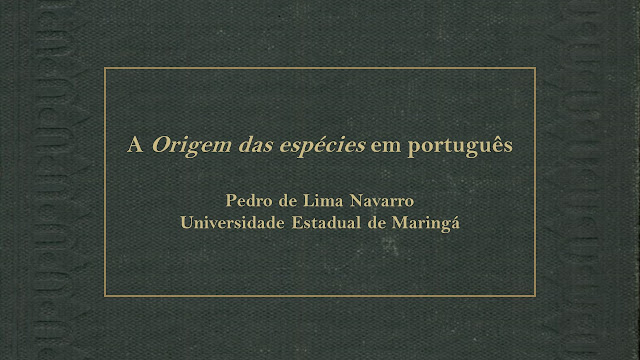Petrou TS e HS
Petrou, G. Translation Studies and the History of Science: The Greek Textbooks of the 18th Century. Sci Educ 15, 823–840 (2006). https://doi.org/10.1007/s11191-005-0960-9
Também faz um casamento entre TS e Reception studies.
Descreve o contexto de produção e consumo dos textos de ensino na comunidade grega no século xviii e xix, mostrando que grande parte do material produzxido e utilizado em escolas eram traduções e compilações para o grego e não originias. Eugenius Voulgaris (1716-1806) foi o principal persongaem na reestruturação do sistema de educação grego e da introdução de traduçções, inclusive bolou uma teoria de tradução [na qual advogava pelo uso de notas de contextualização e correção. Harmoniza com a ideia Krupke de trad cientifica quanto a correção].
Gobdelas afirmava que o trad deveria ser bem versado em ambas as línguas e conhecimento do material traduzido. Também deveria ter consciêcia das necessidades do público leitor.
Esses dois gregos intervbinham nos textos e não buscavam fidelidade. As versões traduzidas eram maiores ou menores segundo a vontade dos tradutores.
[...] their task required great responsibility, since their selections from a vast range of books of the age would define the kind of knowledge that would be provided in the Greek schools. 835
A educação clássdica era bastante aliada a igreja ortodoxa. Outra maneira na qual a religião e aciêcnai sd entremearam pela históra.
Conclusão: The practice of translation in the Greek geographical and intellectual space was not an algorithmical process. As I see it, a study of translations indicates the extent to which the local circumstances and the interests of the translators themselves were involved in the meanings and purposes of the translated texts. Having experienced the state of flux concerning the new learning in Western and Central Europe of the 18th century, the Greek scholars reorganised Greek education via the establishment of schools and the translation of a significant number of books into Greek. Nevertheless, their aim was not to replace the philosophical and theological tradition, but to achieve continuity in the process of the assimilation of the new knowledge. This became obvious in their choices of particular books for translation and the way they produced the translations that they distributed as textbooks. In brief, by discussing the translations of two Greek scholars, I hope I have shown that a study of the history of translation demonstrates why and how the new learning was received within the specific Greek context. I also hope that this paper will provide the incentive for further research on the history of translation, which will widen our understanding of the appropriation of developments in philosophy and science in those local spaces where translators – rather than authors of original works – played a leading role in affecting education. 837-8


Comentários
Postar um comentário